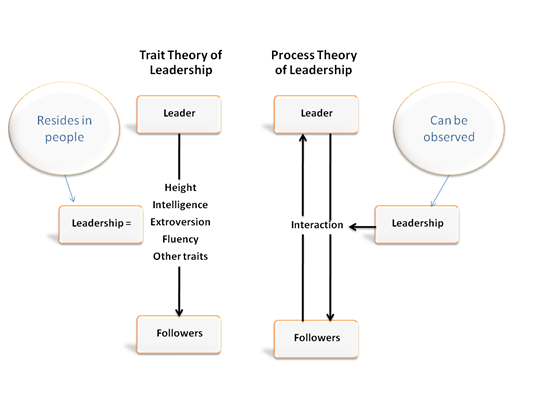Well hello my friends and here we are again with the exception that it is Sunday and not Saturday but I can explain. You see yesterday I had to drive for four hour to do a seminar on leadership in Los Angeles and well I had to leave pretty early but it was great. I spoke about leaders and what it takes to be a great leader.
A leader doesn't always need to be around. A
leader doesn't need to micro-manage. A leader's
role is much bigger, and their
behavior should shape almost everything you do,
even in their absence. A good
leader is of few words, but ones that matter.
"A genuine leader is not a searcher for
consensus but a molder of
consensus." - Martin Luther King, Jr.
At this seminar I was asked how would I manage people if i was not in the office or site where I was to be managing them but was out sick. I explained that during these times your staff should know by now what your expectation are and what you expect from them whether you are there or not there.
You see people know when they are doing their job and when they are not. They may pretend not to know what they are doing or act as if they are confused regarding a procedure or a policy but the truth is that you must not be to consistent on what their expectations are and this is when staff runs a muck. here are some ideas that I studied in the past that taught me some great lessons on both management and leadership and what it means and how to implement the techniques.
Leaders carry out this process by applying their leadership knowledge and skills. This is called Process Leadership (Jago, 1982). However, we know that we have traits that can influence our actions. This is called Trait Leadership
(Jago, 1982), in that it was once common to believe that leaders were
born rather than made. These two leadership types are shown in the chart
below (Northouse, 2007, p5):

Management verses Leadership
While management and leadership have a great deal in common, such as
working with people and accomplishing the goals of the organization,
they do differ in their primary functions (Kotter, 1990):
- Management's main function is to produce order and consistency through such processes as planning, budgeting, organizing, staffing, and problem solving.
- While leadership's main function is to produce movement and constructive or adaptive change through such processes as establishing direction through visioning, aligning people, motivating, and inspiring.
Leader
You must have an awareness of who you are and what you can do. You must also be honest to yourself. You must also know that you must have a consistency on how you manage all your staff because they will be the ones to decide whether you are a good leader or a great leader.
If your staff does not have a trust in you as a leader the they will not follow you or worst yet you will not be able to motivate them no matter what you do. One must have great communication skills because when one needs his or her staff to follow them or to get them to make a change one must be able to communicate exactly what one expects.
No one would talk much in society if they knew how often they misunderstood others. — Johann Wolfgang Von Goethe
Communicating with others involves three primary steps:
- Thought: First, information exists in the mind of the sender. This can be a concept, idea, information, or feelings.
- Encoding: Next, a message is sent to a receiver in words or other symbols.
- Decoding: Lastly, the receiver translates the words or symbols into a concept or information that he or she can understand.
Communication is when there is a good flow of of information exchange from one person or persons to another or to others. To be an effective communicator one must make sure there is clarity and specificity. Many of the problems that occur in an organization are such as:
- Because people do not know how to communicate instead they choose to pretend to understand.
- Changes sometimes are not explained correctly and people end up confused and frustrated.


No comments:
Post a Comment